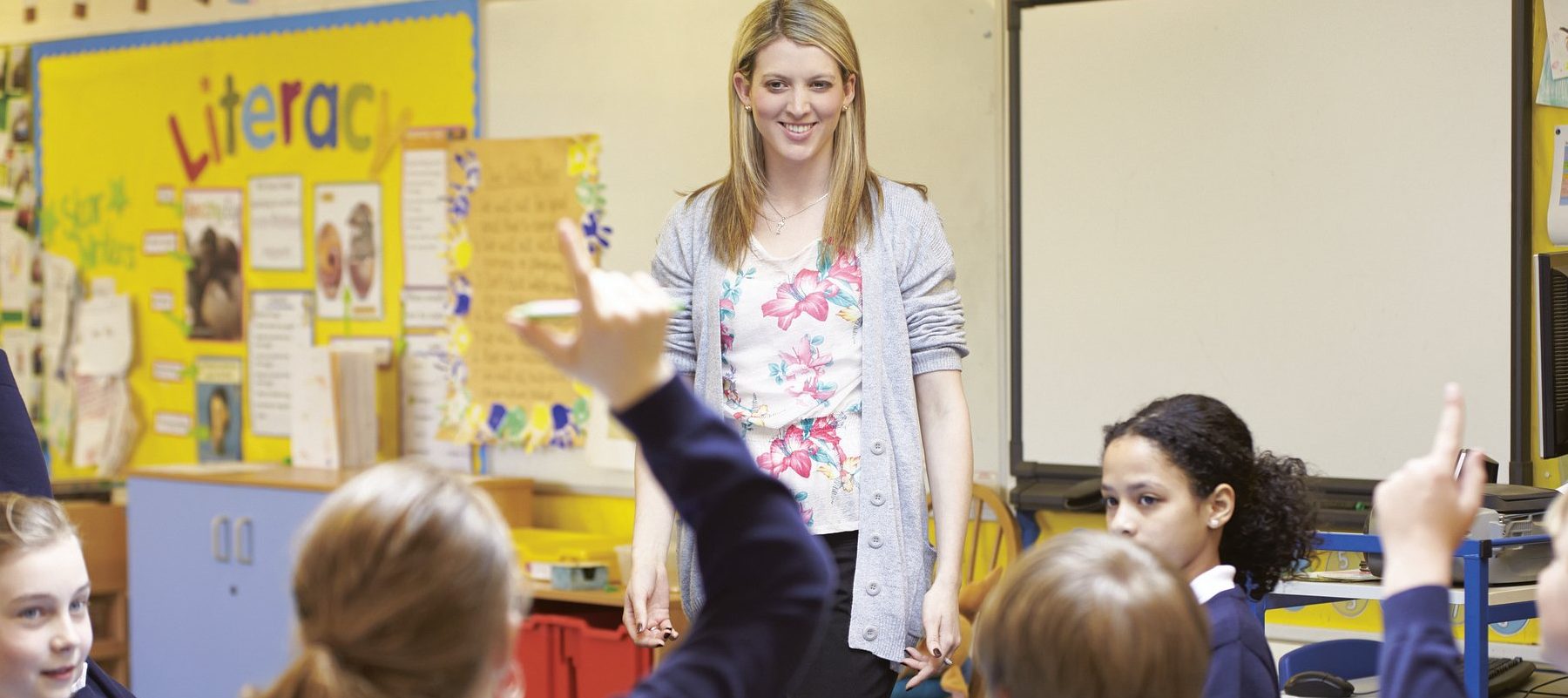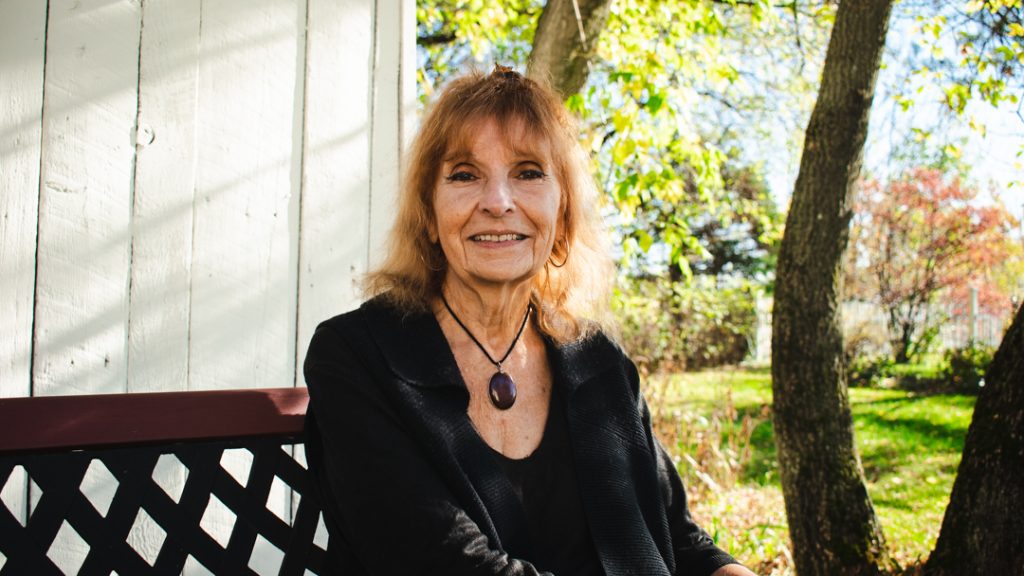
What do young people think of environmental education?
What place should environmental education occupy in our society? What do you think of environmental education today? How should it be implemented to be more effective?
We attempted to answer these questions over the course of our study. To do this, we asked respondents to position themselves in relation to various statements allowing us to measure the importance they give to environmental education. For instance, by putting this education into perspective with fundamental subjects such as French and mathematics, it is then possible to perceive the importance they give to the environment in school education.
1. Environmental education is insufficient
The young people in the survey consider not only that environmental education at school is of great importance, given the ecological issues we face, but also that it is often non-existent or, in the least worst case, insufficient.
Read more…
Environmental education should therefore be reinforced in schools, as Clément, 24 years old said:
Q: And in general what do you think of environmental education?
A: “It’s bad, very bad. In middle school, I was part of a student association. We called it the Club Planet Action, we made recycling boxes, but apart from that, I never had any education on sustainability at school, I didn’t have any either at uni, I trained myself, by taking an interest in the subject.
And it is very bad for the younger generations because today there are such complex and infinite questions, like for example nuclear energy. I saw a poll the other day, the majority of French people think that nuclear energy emits CO2, whereas the problem with nuclear energy is waste management and not the management of global warming. Nuclear power is, actually, an aid against global warming but then serves the cause of circular economy, waste, and everything. And on issues as important as, for example, the link between Covid and the health crisis, or the link between waste in groundwater and the consumption of vegetables that come from Brittany, we cannot have an ignorant population on these issues. And that is awful.”
2. Environmental education is as important as French and mathematics
According to our results, the French population largely agrees with the idea of giving the same place as mathematics and French to environmental education.
Read more…
74%, i.e. almost ¾ of French people and 67% of 15-24 year olds agree with the idea of giving the same importance to environmental education as to French and mathematics. A large majority of French people thus imply that there is a lack in the current education program. Do you agree with the opinion of the majority?
Pie chart: “Environmental and/or sustainability should occupy the same place as French or mathematics”.

3. Environmental education is too politicized
In your opinion, are climate change sceptics against environmental education in schools?
YES
Our qualitative survey shows otherwise! Our results show that although doubting or refuting the role of human activity in global warming, people declaring themselves “climate change sceptics” are not against such education. They are aware of the importance of being educated about eco-responsible actions such as the management of waste and natural resources. However, on the one hand, their ideas diverge from those of the eco-engaged when it comes to the way in which education should operate. The results of our survey will show you why… In the qualitative survey, young French people aged 15-24 who reject ecological engagement, some of whom assume the label of climate change sceptics, are not opposed to the idea of environmental education. Some find it sufficient. They associate it with the idea of transmitting eco-gestures that have a positive impact on their living environment. And on the other hand, they appreciate it negatively when it is considered as a position, sometimes qualified as ideological, concerning questions of global warming. Therefore, they find it too politicized or even guilt-inducing, or else they try to point out what they perceive as “inconsistencies”. What can be identified is the desire for a neutral education that exposes the different points of view on the environmental question and this, with the aim, according to them, of letting the pupils make their own opinion. on the subject.
NO
Absolutely! Our results show that, even if they doubt or refute the role of human activity in global warming, people declaring themselves “climate change sceptics” are not always against such education. They are aware of the importance of being educated about eco-responsible actions such as waste management and natural resources. On the other hand, their ideas diverge from those of the eco-engaged about the way in which education should operate.
Martin’s example:
“Q: And in general what do you think of environmental education?
A: “So it’s way too politicized for my taste. I know a few teachers who really give objective opinions and who will criticize the environmental education that we give to students, but they are very rare and in fact most of the teachers are ultra politicized, eco-friendly and therefore we don’t have an objective opinion on this, we are only given the arguments which explain why nature is doing badly, why man is doing things wrong, but never the opposite actually, and therefore no, it’s much too politicized and school isn’t supposed to be like that, I think for me teachers aren’t supposed to give their opinion. And here is education as the teachers impose their opinion in fact.”
Martin, 17, climate change sceptic.

Pioneering in the field of environmental education, discover the works of Lucie Sauvé here
What are the arguments used by the people involved to raise awareness among those around them?
When you want to make someone aware of environmental issues, what arguments do you use? Do your arguments change depending on who you are talking to?
In parallel with the environmental education that is carried out within schools, we wanted to learn more about the education and awareness of the environment that is done informally, outside the school curriculum.
During our study, we observed that the arguments used to raise awareness of environmental issues are numerous. What is surprising is that these arguments vary widely according to the profile of the intended audience.
Words from young people…
A: “It depends on the person I’m talking to, it also depends on the subjects, but in fact when I talk about environmental issues, often I don’t present from the angle that one would hear the most: “Look, the small fauna and flora”, I focus on the social aspect, the environmental justice aspect, and the systemic aspect. I’ll take the example of my father-in-law, he is from Cameroon, I say to him: “Look, the first affected by environmental problems are the poor countries”, because on the one hand they are in the wrong place climatically, and on the other hand they don’t have the necessary resources to be able to cope. And so, it will accentuate the problem of environmental injustice. So, it’s a lot on this social aspect, if this person is more concerned with this vein. If it’s someone more scientific, I’m going to give them scientific arguments instead, IPCC reports, degrees, etc., etc. If it’s someone a little more philosophical, it will be more moral arguments, isn’t it a duty to protect our environment since it’s something fragile, and as a powerful being, who has a capacity for action, we have this moral duty of protection because we have a capacity for harm but also for protection.
Do we have the ability to destroy the living when we have the ability to protect it? And the last point that often hits the mark, in fact no, if I tell you to protect the environment it’s not to protect nature, it’s really to protect yourself, it’s very selfish to say to yourself: “But in fact, the consequence of climate change is that you will die younger, that your children will die younger, that you will live in very bad conditions, and that will be your fault because you will not have acted. and you will be responsible.” Responsible, okay, for pollution, but there it is, it’s also a form of responsibility to tell yourself that it’s not a question of fate, it’s that you have an action, and you have a reaction, and you suffer the consequences of your own actions, and these are the consequences, this is what you have done, it is up to you to take responsibility. I intend to live in a liveable world, at least for my generation and that of my children, that’s why I act, and you, if you want to behave selfishly, feel free to, but you have to think about the common good at some point.”
Julien, 24 years old, eco-engaged
This interview excerpt is particularly relevant for observing the flexibility of ecological discourse; depending on the sensitivity and character of the person targeted, the arguments differ enormously. For our respondents, this strategy makes it possible to make as many people as possible aware of the ecological cause.
Appealing to reason…
Exposing scientific and factual knowledge about the environment: address the consequences of global warming on the planet and people; the consequences of capitalism and resource exploitation on the environment…
Appealing to emotions…
Showing the person that they themselves will be affected by the consequences of global warming: explaining that it is a question of the survival of the human species; demonstrating that everyone is affected by the ecological problem and not only distant countries; explain that global warming will change our way of life if we do not act…
Environmental education should be central to the education of children today and tomorrow
• Yes, it is the most important element in the education of children
• Yes, but there are more important subjects
• No, it is not central
For further information
- Naoufal Nayla Joëlle, 2012, La contribution de l’éducation relative à l’environnement à la construction d’une dynamique de paix, thèse publiée en ligne, Université du Québec à Montréal. En ligne ici
- Sauvé Lucie, 2009, « Le rapport entre éthique et politique : Un enjeu pour l’éducation relative à l’environnement », Éducation relative à l’environnement, Volume 8. En ligne sur OpenEdition Journal. En ligne ici
- Sauvé, LIU, 2017, « L’éducation à l’écocitoyenneté ». In Barthes, A. et Lange, J.M. (Dir.) Dictionnaire critique des enjeux et concepts des Éducations à. (p. 56-65). Paris : L’Harmattan. En ligne ici
